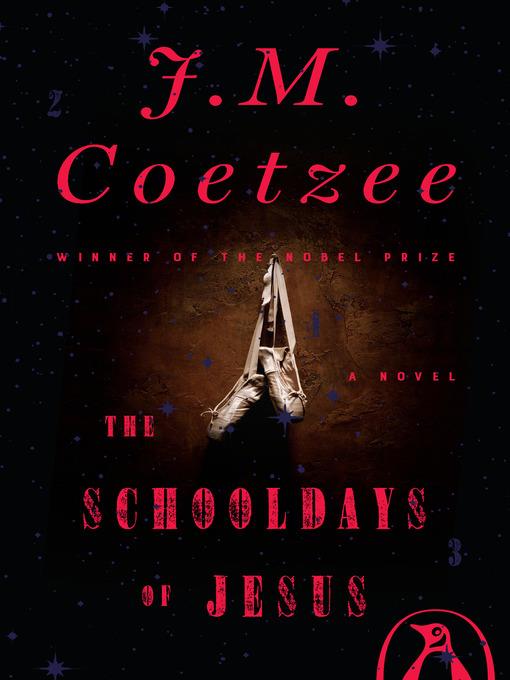
The Schooldays of Jesus
Jesus Series, Book 2
کتاب های مرتبط
- اطلاعات
- نقد و بررسی
- دیدگاه کاربران
نقد و بررسی

November 21, 2016
The temperature rises ever so slightly in Nobel winner Coetzee’s (The Childhood of Jesus) latest, the second installment of his wintry gospel that beguiles as often as it numbs. Coetzee’s fable continues as Símon—stolid, devoted—and Inés—reticent, passionless—have taken their ward, Davíd, and fled Novilla, the stultifying socialist city whose nightlife (which consists of philosophical lectures) is as flavorless as its dietary staple (bean paste). The nontraditional family begins yet another new life, now in a provincial town (in an unspecified country), Estrella, in “the year of the census.” Davíd, the “magistral” child whose true name remains a mystery, enrolls in a dance academy whose instructors espouse mystical notions about embodied Platonic forms: “To bring the numbers down from where they reside, to allow them to manifest themselves in our midst, to give them body, we rely on the dance.” Símon initially views this as “harmless nonsense,” an attitude that widens the gulf between him and his inquisitive charge. He responds to Davíd’s ceaseless questions with “dry little homilies” that seldom satisfy the otherworldly child. These Socratic sallies can grate rather than illuminate, and the novel’s Biblical allusions can seem more coy than revelatory. In The Childhood of Jesus, Don Quixote’s visionary gusto inspired young Davíd; here, there are darker, Dostoyevskian drives at play. Davíd is attracted to exuberant characters who, unlike his guardians, flout conventional morality. Enter Dmitri, a museum attendant infatuated with Davíd’s ethereally beautiful dance instructor, to provide a welcome, and violent, jolt of immeasurable passion to the novel’s measured world.

December 15, 2016
Coetzee continues the allegorical musings he began in The Childhood of Jesus with this sequel, which is equally elliptical, sparse, and vexing. David is now 6, going on 7, and preternaturally precocious. He asks "why" questions that his usually imperturbable father-figure, Simon, finds profound but unanswerable--and David seems to be making little attempt to comprehend Simon's measured responses. David's mother, Ines, the object of Simon and David's quest in Coetzee's previous novel, is preoccupied with David's education, for the three of them have run away from Novilla (in the unnamed country they inhabit) and fled to Estrella, where they hope to find a new life. Eventually Simon and Ines enroll David in an academy of dance, where he comes under the mystical sway of instructor Ana Magdalena Arroyo, who believes dancing is connected to numbers in the stars. Meanwhile, Ana Magdalena is "worshiped" by the creepy Dmitri, an attendant at a local museum. All of this is vaguely symbolic, vaguely irritating, and, unfortunately, only vaguely interesting. Coetzee's characters seem a bit bloodless and unreal, as though they're floating through a dream world in a parallel universe only tenuously connected to ours. Although Coetzee deals in big themes (repentance, guilt, shame, lust), these qualities remain curiously abstract rather than attached to flesh-and-blood characters--perhaps appropriate in such an opaquely allegorical work. Coetzee is a master of the laconic style here, but there's a quirkiness in his writing (for example, the repetition of "He, Simon..." ad infinitum) that the reader might ultimately find irksome. A novel only for those who want to update their reading of the Nobel Prize-winning Coetzee.
COPYRIGHT(2016) Kirkus Reviews, ALL RIGHTS RESERVED.

October 1, 2016
Nobel Prize winner Coetzee here continues the story of David, Simon, and Ines, who dauntingly traveled by ship to a nameless new country in 2013's The Childhood of Jesus. That austere and enigmatic novel pushed to the outer limits of storytelling, and this sequel does, too. Here, David is making friends and learning the language, guarded by a bruiser of a dog named Bolivar, but he needs to start school. Instead, he is enrolled at the Academy of Dance and wears golden slippers as he calls forth magic from the skies.
Copyright 2016 Library Journal, LLC Used with permission.

























دیدگاه کاربران